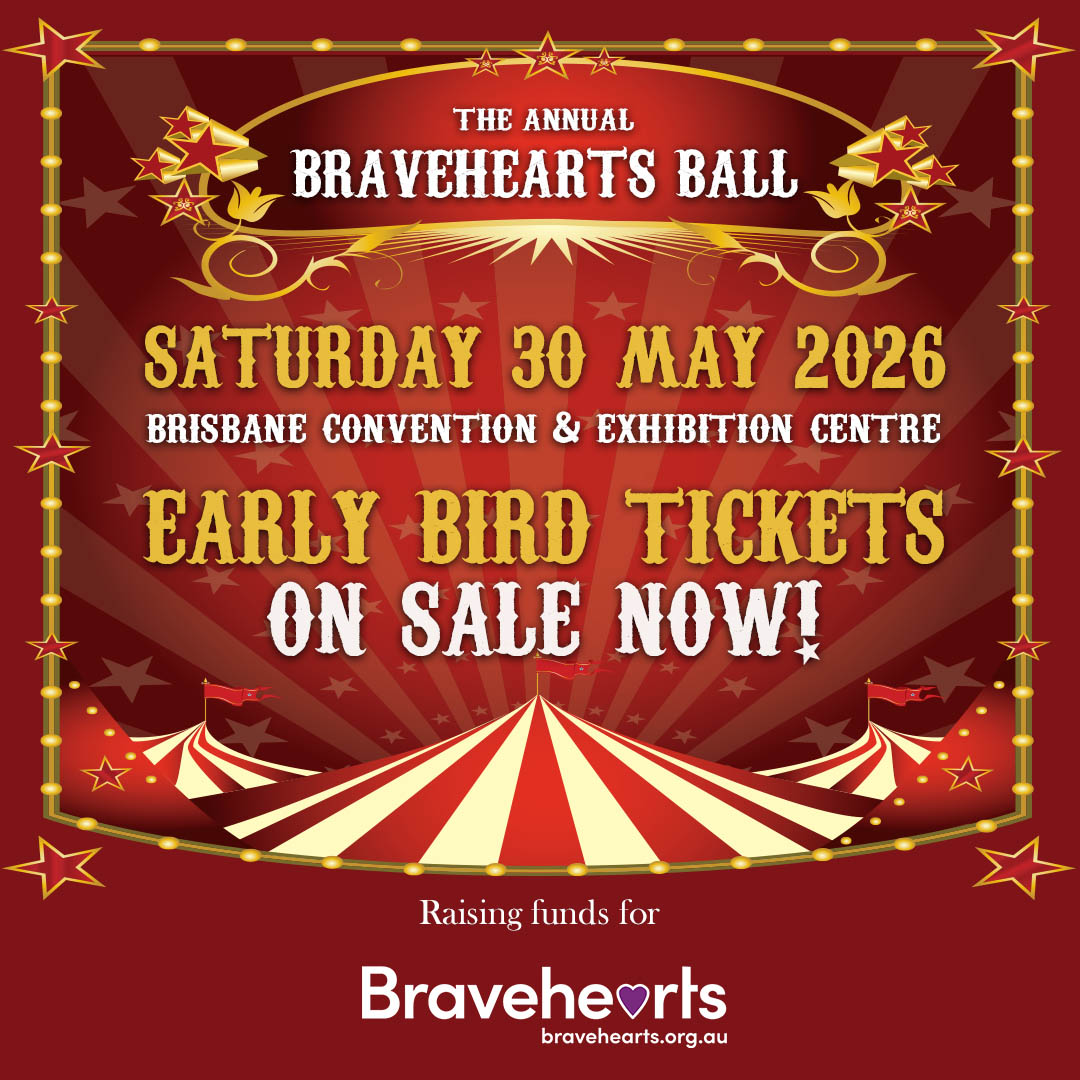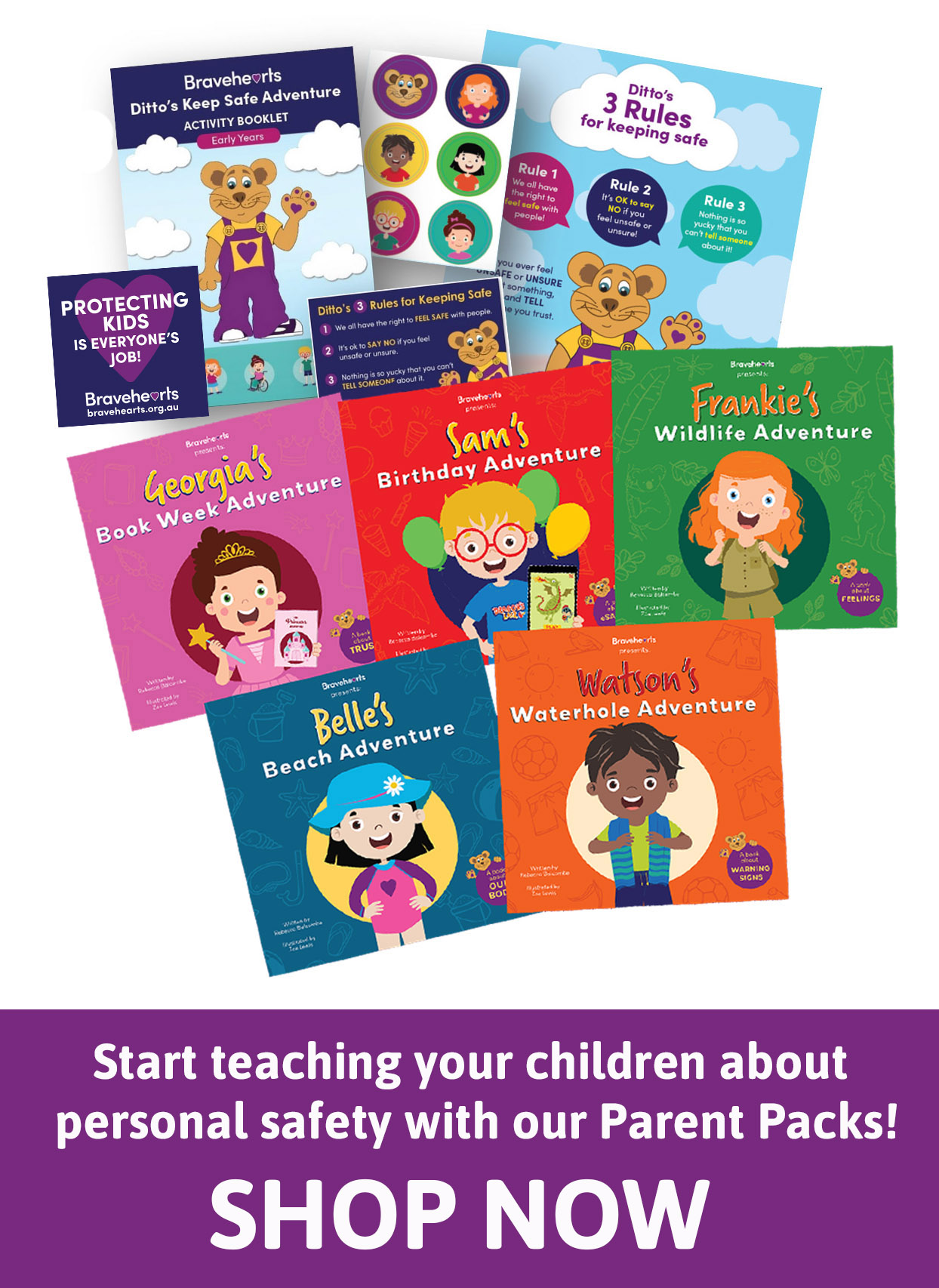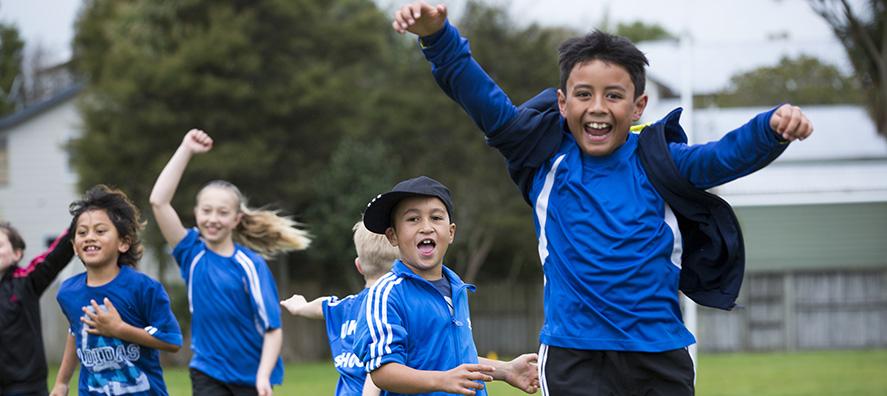Category
Helpful Links
- Home > Latest News > Protecting children from sexual abuse and exploitation: 5 QUESTIONS TO ASK YOUR CHILD’S EARLY LEARNING CENTRE OR SCHOOL ABOUT CHILD PROTECTION
Protecting children from sexual abuse and exploitation: 5 QUESTIONS TO ASK YOUR CHILD’S EARLY LEARNING CENTRE OR SCHOOL ABOUT CHILD PROTECTION
Recent insight released by the Australian Federal Police regarding Operation Tenterfeild demonstrates the urgent need for child-facing organisations to provide stronger safeguards for protecting children from sexual abuse and exploitation. Naturally, parents and carers will be concerned in light of hearing of these horrific allegations, so what can your child’s Early Learning Centre or school do to help keep your children safe?
Here are five questions Bravehearts recommends you ask your child’s Early Learning Centre (ELC) or school about their approach to child protection:
1. Does the school or ELC have a child protection policy?
Ask to see it – in fact, it should be readily accessible on their website. Ask how their policy aims to implement the 10 National Principles for Child Safe Organisations and how often it is reviewed.
2. What child protection training do the staff and/or volunteers receive?
In every Australian state and territory, teachers are mandated by law to report concerns of harm to children. Early Learning Centres and schools should include regular child protection training in their professional development programs, not just for teachers but for all staff, including volunteers, casual and contract staff, such as seasonal sports coaches or music teachers, as well as admin and maintenance staff.
Training should cover more than how to report concerns. It should provide school staff with the knowledge and skills to recognise early signs that a child may be at risk of harm, and indicators that others in the school are behaving inappropriately or even grooming a child or young person.
3. What does the ELC or school teach my child about personal safety?
The Australian National Curriculum requires schools to teach children personal safety education. It starts in Early Years and should go all the way through to year 12, with messaging that is developmentally appropriate.
Bravehearts’ personal safety program, Ditto’s Keep Safe Adventure, is just one example of personal safety education that can be implemented by an ELC or school.
Best practice is to include parents in the ELC or school’s personal safety education process, providing them with information about the program used, and where appropriate, include parents in the lessons.
RELATED: Download > Bravehearts’ Free Personal Safety Guide for Parents and Carers
4. Does the ELC or school have a dedicated person to whom students, staff and parents can speak about concerns?
Child protection is everyone’s responsibility, and any adult in an ELC or school with a duty of care to protect children should be specifically trained about child sexual abuse to identify signs and to appropriately respond to a child if they disclose. It is a great source of support for staff and parents if ELCs and schools have a role dedicated to ensuring their child protection practices are up to date with contemporary research and law.
5. Other than Working With Children Checks, what other methods do you use to assess the suitability of staff and volunteers?
Working With Children Checks are an important first step in preventing known inappropriate people from working or volunteering in a school, but these primary checks are not sufficient on their own. Other tools such as thorough background and referee checks, training and effective policies all enhance protections against hiring people who pose a risk.
If you need support, please call Bravehearts’ Information and Support Line 1800 272 831 or contact us.
 BACK
BACK


